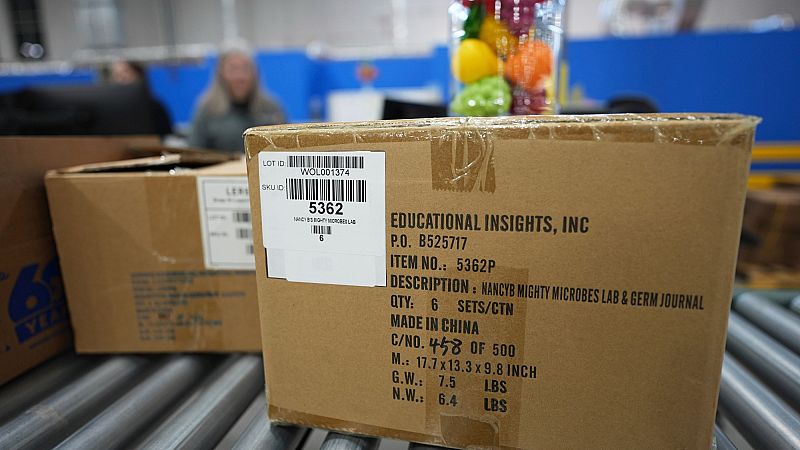China’s factory activity fell sharply in April, according to official data, as Trump’s tariffs on Chinese goods intensified the trade war’s impact and drove an unprecedented contraction in export orders. The manufacturing PMI dropped to 49.0, signalling a notable downturn in the export-reliant sector.
PMI Decline and Trade War Impact
The National Bureau of Statistics (NBS) reported on April 30, 2025, that the manufacturing Purchasing Managers’ Index (PMI) sank to 49.0, its weakest reading since December 2023. A reading below 50 indicates contraction. Zhao Qinghe, a senior statistician at the NBS, attributed the decline in China’s factory activity to “sharp changes in the external environment and other factors,” underscoring the severity of the Trump administration’s tariffs.
A sub-index measuring new export orders plummeted to 44.7, the lowest since late 2022, underscoring a severe contraction in export orders as overseas buyers scaled back amid the 145% US levies on Chinese imports.

Impact on Domestic and Export Sectors
While the non-manufacturing PMI rose to 50.4, indicating modest gains in services and construction, the broader economy was under pressure from weakened factory output. Analysts warn that without a robust economic stimulus, China will face mounting headwinds.
Robin Xing, chief China economist at Morgan Stanley, wrote that the tariff-induced uncertainties have led many exporters to halt shipments to the US. “We believe the tariff impact will be most acute this quarter,” Xing noted, adding that current policies remain “reactive and supply-centric,” failing to offset the trade war impact.
Government Response and Economic Stimulus in China
In response to the downturn, Beijing has implemented targeted measures since late 2024, including easing credit for struggling firms and offering incentives to boost consumer spending. However, officials have resisted broad fiscal stimulus, opting instead for calibrated support.
At a government briefing, Zhao Chenxin of the National Development and Reform Commission stated that Chi has “ample policy reserves” and will accelerate existing economic stimulus measures to stabilize growth. Analysts anticipate more aggressive monetary easing and fiscal stimulus measures in the coming months.

Political Reaction
Chinese Foreign Minister Wang Yi rejected calls for a tariff truce with Washington, warning that appeasement woul” only “embolden the “bully.” President Trump defended his tariffs in an ABC News interview, asserting that China “did serve the levies and would ultimately pay he costs despite the contraction in export orders they triggered.
With factory activity struggling and the non-manufacturing PMI offering only marginal relief, China’s leaders face mounting pressure to deploy substantial economic stimulus measures or risk a deeper slowdown.
For more business News, check PGN Business Insider.
















